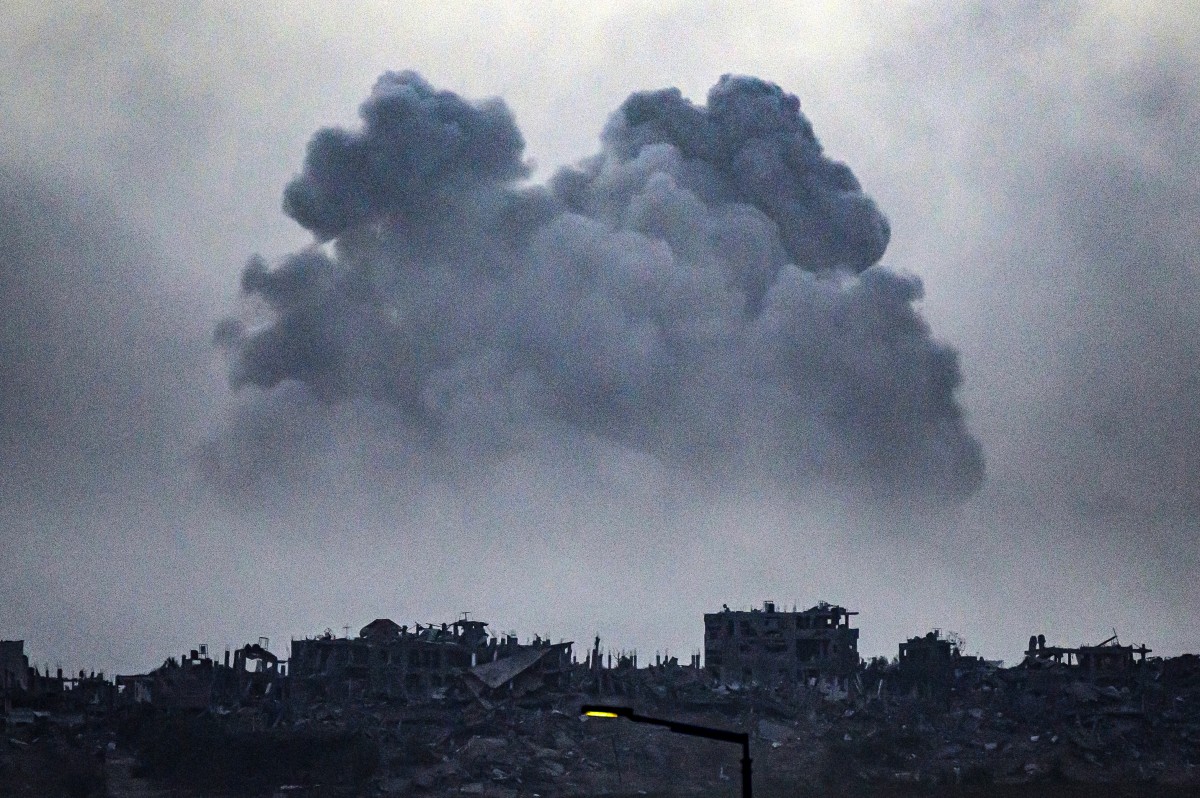Dubai, UAE – The ongoing conflict between Israel and Gaza could result in a significant economic toll for Israel, with estimations pointing to a potential cost of $48 billion over the current and upcoming year, Turkey’s Anadolu Agency reports.
Yali Rotenberg, the chief accountant at the Israeli Ministry of Finance, was quoted by the agency to have said: “Our strategy is to proceed assuming a few months of conflict, while fortifying additional reserves. We’re equipped to sustain the state financially.”
“It is likely that Israel will bear two-thirds of the total costs of the war, with the remaining portion covered by the United States in the form of military aid,” reported Israeli Leader Capital Markets.
The projected cost, although lower than some previous estimations, remains a substantial financial burden. The Israeli Ministry of Finance had previously indicated that the war was incurring costs of approximately $270 million per day, emphasizing that even after the conflict concludes, the economic repercussions are expected to persist.
To navigate through this challenging financial landscape, it’s anticipated that the Israeli government may need to resort to borrowing once more. Despite issuing international bonds through Wall Street banks like Goldman Sachs, the government primarily relies on the local market to meet its financial requirements.
Yali Rotenberg, the chief accountant at the Israeli Ministry of Finance, highlighted the proactive approach being taken, stating, “We are moving forward with the basic scenario that indicates several months of fighting, and we are building additional buffers. We can finance the state.”
As the conflict persists, the economic strain remains a concern, potentially marking this as one of the most challenging armed conflicts faced by Israel in recent history.








